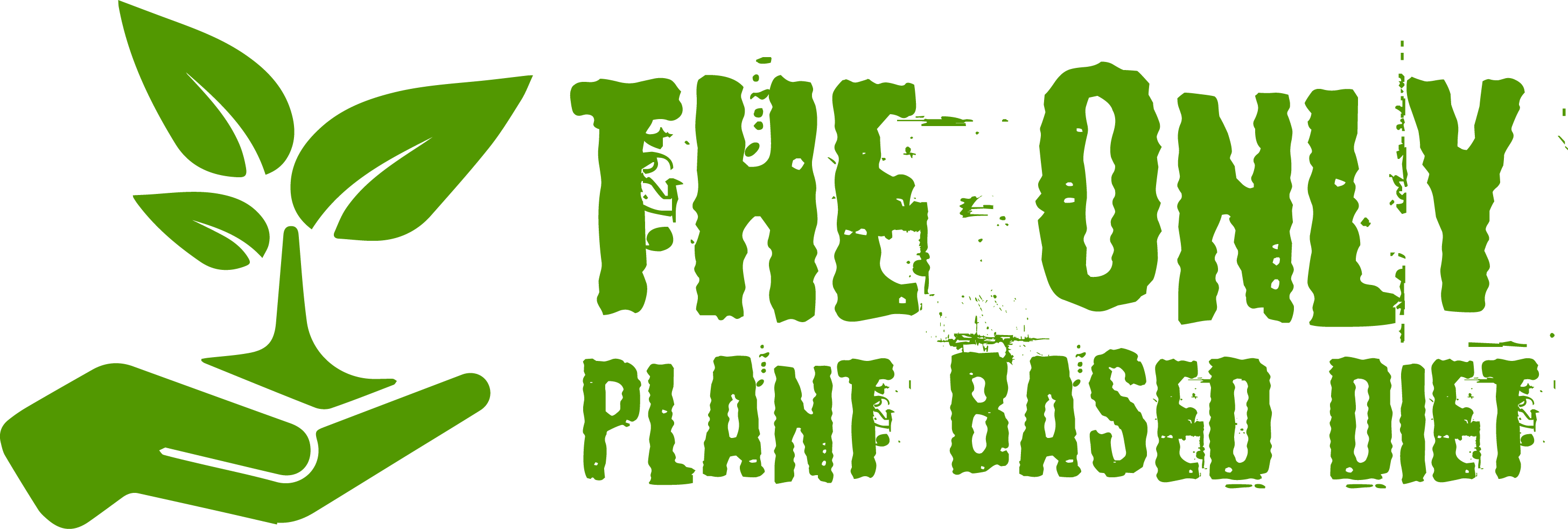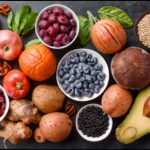High blood pressure, medically termed hypertension, stealthily affects millions worldwide, earning its title as the “silent killer.” This condition arises when the force of blood against the artery walls is too high, eventually causing health issues, especially heart disease.
The Global Burden of High Blood Pressure
Over a billion people globally grapple with hypertension, a principal perpetrator of heart-related ailments and strokes. The condition’s prevalence underscores the urgency for effective long-term solutions, among which diet modification is paramount.
The Power of Plant-Based Diets in Combating Hypertension
Research consistently points to the effectiveness of plant-based diets in reducing high blood pressure. This dietary approach emphasizes fruits, vegetables, seeds, nuts, and whole grains while minimizing animal products and processed foods.
How Plant-Based Foods Influence Blood Pressure
Plant-based foods are rich in essential nutrients like potassium, magnesium, and various antioxidants, which help maintain healthy blood pressure levels. They help regulate blood vessel function, reduce inflammation, and counteract the sodium in our diets.
Transitioning to a Plant-Based Diet: Practical Tips
Adopting a plant-based diet doesn’t have to be abrupt or challenging. Start by incrementally increasing your intake of fruits, vegetables, and whole grains while reducing processed and animal-based foods.
Key Plant-Based Foods for Lowering Blood Pressure
Swiss Chard: A Potassium Powerhouse
Swiss chard, a nutritional gem, is laden with potassium and magnesium, critical for blood pressure control.
The Role of Magnesium in Blood Pressure Regulation
Magnesium relaxes blood vessels, acting naturally to reduce blood pressure. The magic happens as it blocks calcium’s movement, preventing the contraction of heart and arterial cells.
Citrus Fruits: Vitamin C and Blood Pressure
Citrus fruits, like oranges and lemons, are replete with vitamins and plant compounds that lower blood pressure.
The Impact of Flavonoids in Citrus Fruits
These fruits are rich in flavonoids, which have been shown to improve heart health by enhancing blood vessel function and reducing inflammation.
Pumpkin Seeds: Not Just for Halloween
Beyond their festive appeal, pumpkin seeds are a treasure trove of nutrients beneficial for blood pressure regulation.
Unveiling the Benefits of Pumpkin Seed Oil
Pumpkin seed oil has been spotlighted for its efficacy in reducing blood pressure, thanks to its rich content of potassium, magnesium, and arginine.
Berries: Tiny Fruits, Big Benefits
Berries are a powerhouse of antioxidants and vital nutrients, making them stellar for managing blood pressure.
Anthocyanins: The Secret Ingredient
The anthocyanins in berries boost nitric oxide levels in the blood, helping relax blood vessels and thereby lower blood pressure.
Carrots: Crunch Your Way to Lower Blood Pressure
Carrots, a staple in many diets, offer high amounts of phenolic compounds that work wonders for reducing hypertension.
Raw vs Cooked: The Best Way to Consume Carrots
Research indicates raw carrots more effectively lower blood pressure compared to their cooked counterparts.
Broccoli: The Heart’s Green Ally
Broccoli, rich in antioxidants, is a boon for heart health, significantly improving blood vessel function.
Other Notable Mentions
Other foods like tomatoes, celery, pistachios, amaranth, and beans also play substantial roles in managing hypertension, thanks to their nutrient-rich profiles.
Incorporating These Foods Into Your Daily Regimen
Consistency is key in dietary changes. Regularly incorporate these foods into your meals, and consider tracking your blood pressure to observe any improvements.
Hypertension, a global health concern, necessitates a proactive approach for management and prevention. A plant-based diet, abundant in a variety of nutrient-rich foods, stands as a formidable strategy against high blood pressure. Incorporating foods like Swiss chard, citrus fruits, pumpkin seeds, berries, carrots, and broccoli can create a powerful dietary regimen for heart health.
A Brief Guide To Plant-Based Milk
FAQs
Can a plant-based diet alone cure hypertension?
While it significantly helps, it’s crucial to consider other lifestyle factors like exercise, stress management, and regular medical check-ups.
Are there any risks in transitioning to a plant-based diet?
Gradual changes and ensuring nutrient diversity are key to avoiding potential deficiencies.
How quickly can changes in diet affect my blood pressure?
It varies for individuals, but many see changes within a few weeks to a couple of months.
Do I have to give up meat entirely to see benefits?
Not necessarily, but reducing meat, especially processed types, can significantly benefit your blood pressure levels.
Can I take hypertension medication and still follow a plant-based diet?
Absolutely, but always consult with your healthcare provider for personalized advice.







